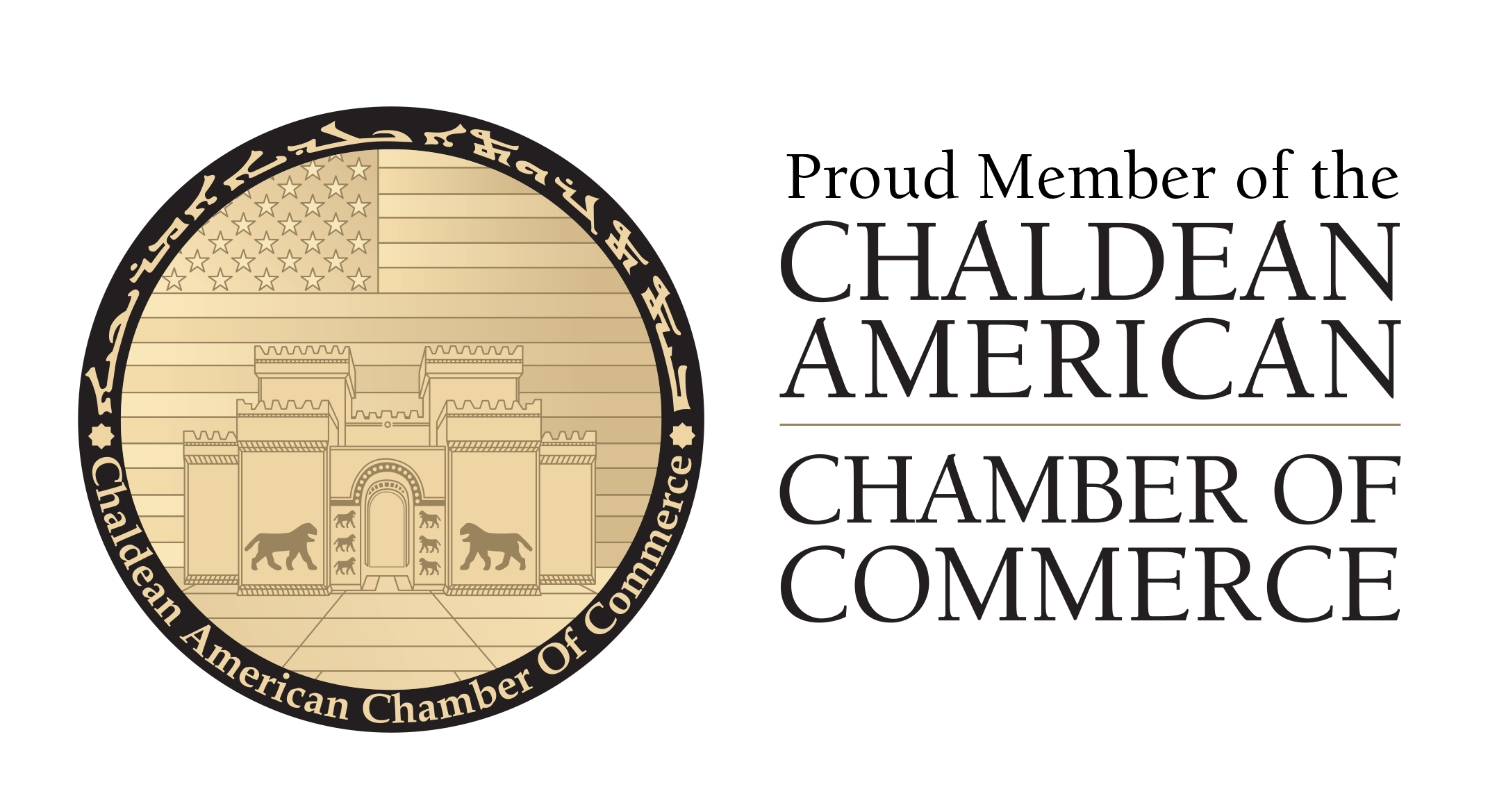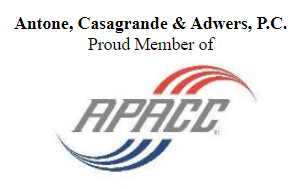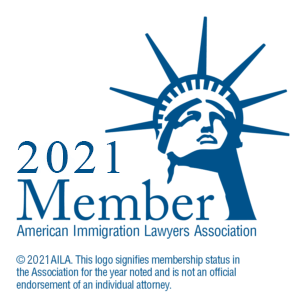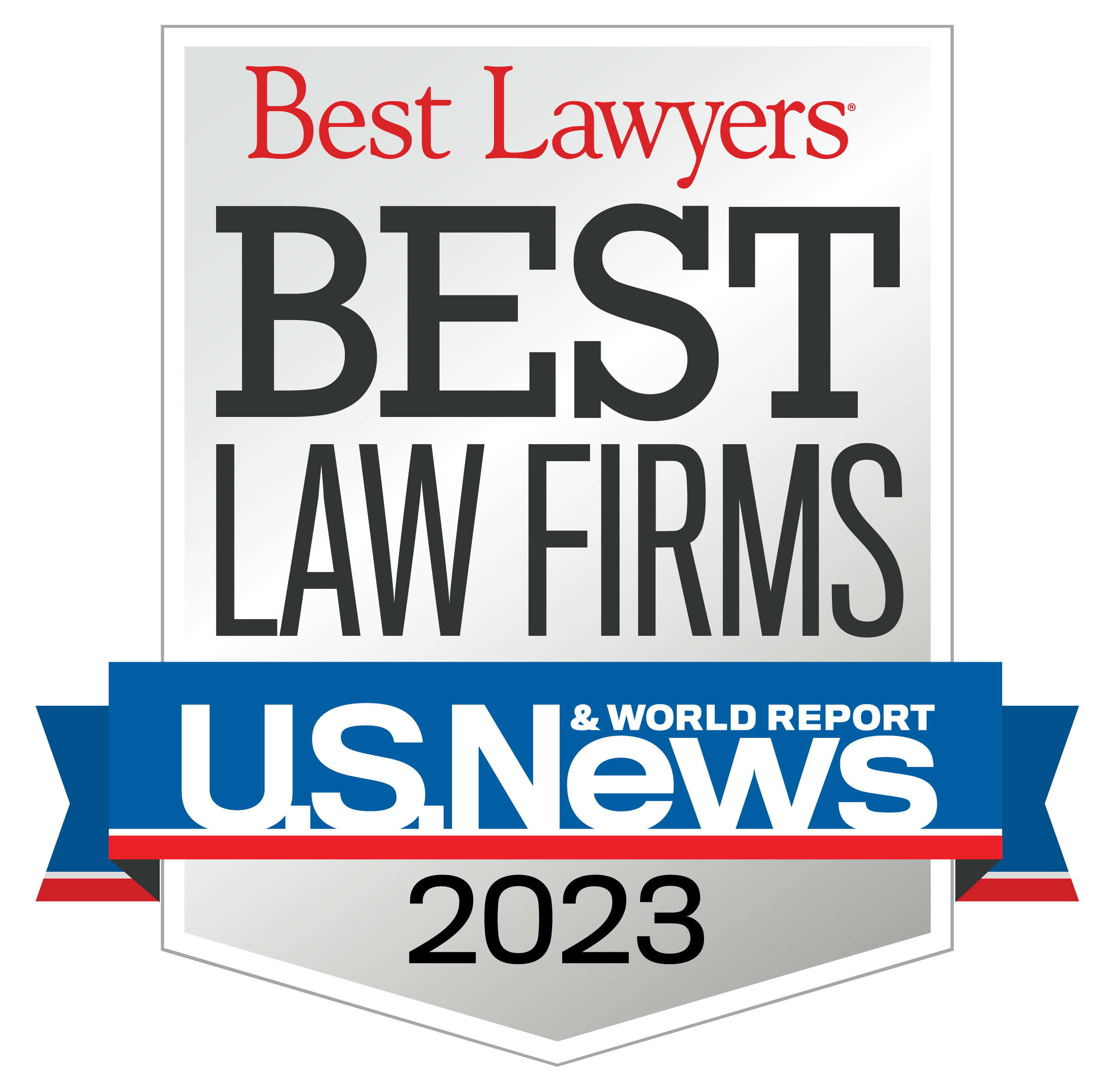Nonimmigrants are foreign nationals who seek temporary entry to the U.S. for a limited period of time and for a specific purpose. The duration and purpose are determined by the type of nonimmigrant visa. A list of the most common nonimmigrant business visas an immigration attorney can help with includes:
- B-1 Business Visitors
- H-1B Specialty Occupation Workers
- L-1A or L-1B Intracompany Transferees
- E-1 or E-2 Treaty Traders or Investors
- J-1 Exchange Visitors
- H-2A or H-2B Temporary Skilled and Unskilled Workers
- F or M Students
- H-3 Trainees or Special Education Exchange Visitors
- TN Canadian or Mexican Professionals under NAFTA
- O-1 Visas – Extraordinary Ability, Athletes and Artists
- Other Nonimmigrant Business Categories
Our dedicated Michigan nonimmigrant visa lawyers could assess an individual’s situation and determine which avenue for immigration may be best suited for their goals.
Business Visitors (B-1)
Foreign nationals who will be participating in business activities of a commercial or professional nature in the U.S. may be eligible for a temporary business visitor visa or what is generally known as a B-1 visa. To qualify for a B-1 visa, you must demonstrate the following:
- You are entering the U. S. for business of a legitimate nature
- You plan to remain for a specific limited period of time
- You have the funds to cover the expenses of the trip and your stay in the United States
- You have a residence outside the U.S. in which you have no intention of abandoning, as well as other binding ties which require your return abroad at the end of the visit
- You are admissible to the U.S.
What is “business of a legitimate nature?” As a rule of thumb, most acceptable legitimate activities for a business visitor are those which do not constitute gainful employment, or those that do not displace a domestic U.S. worker. Legitimate business activities of a commercial or professional nature, include, but are not limited to:
- Consulting with business associates
- Attending a scientific, educational, professional or business convention, or a conference on specific dates
- Settling an estate
- Negotiating a contract
- Participating in short-term training
- Transiting through the U.S.
- Surveying potential sites for a business and/or premises to lease, however, the business visitor cannot remain in the U.S. to manage the business
- Seeking investment in the United States, but the business visitor cannot perform productive labor or participate in the management of the business
- Installing, servicing, or repairing commercial or industrial equipment or machinery purchased from a company outside the U. S. or to train U.S. workers to perform such services. However, in such cases, the contract of sale must specifically require the seller to provide such services or training and the visa applicant must possess specialized knowledge essential to the sellers contractual obligation to perform the services or training and must receive no remuneration from a U.S. source
The above list is not necessarily exclusive of other activities that may be acceptable. Generally, if the activity does not involve a typical 9-5 job, the salary is being paid by a foreign employer, is of an international nature, and does not involve domestic gainful employment, then it may be suitable for a B-1 visa. In doubtful cases, however, an immigration attorney who has experience with nonimmigrant visas should be consulted.
Business visitors are admitted for the duration of their intended activity, up to six months. Extensions may be available, generally for one six-month period only. The traditional method for obtaining a B-1 visa is for the business visitor to apply at a U.S. Embassy/Consulate. However, the United States allows nationals from certain countries, particularly those in Western Europe, to enter the U.S. without first obtaining a visa from a U.S. Embassy/Consulate, provided all conditions of the B-1 visa apply; further, the entry is limited to 90 days and generally cannot be extended or changed to another nonimmigrant category.
Specialty Occupation Workers (H-1B)
The H-1B visa is a nonimmigrant visa that allows U.S. employers to temporarily employ foreign professionals in specialty occupations for three years, with extensions up to six years. A foreign national who has a bachelor’s degree, or its equivalent, and is seeking to work temporarily for an employer in the United States in a position for which a degree requirement is common to the industry, may obtain a specialty occupation or H-1B visa.
A “specialty occupation” includes most professional positions, and is defined as the “theoretical and practical application of a body of highly specialized knowledge to fully perform the occupation and which requires the attainment of a bachelor’s degree or higher in a specific specialty as a minimum for entry into the occupation in the United States.” In other words, the position must require a bachelor’s (or higher) degree in the specific field. The fact that the foreign national possesses a bachelor’s degree does not make that position a specialty occupation. Also, if a position requires a bachelor’s degree in any field, it is most likely not considered a specialty occupation.
The H-1B visa category requires a job offer from a U.S. company and the company’s filing of a petition with the U.S. Citizenship and Immigration Services (USCIS), to include an approved Labor Condition Application (LCA), verifying that the foreign national will be paid at least the prevailing wage.
The H-1B gives a foreign national permission to work in the U.S. and a status that allows her/him to lawfully remain in the U.S. on a temporary basis. Generally, the maximum period that a worker can be in the U.S. with the H-1B is six (6) years, which can be granted in increments of no more than three (3) years at a time, subject to certain exceptions.
Spouses and children of the H-1B nonimmigrant are permitted to accompany the foreign national, and the spouse may be eligible for employment authorization while s/he is accompanying the H-1B foreign national in the United States, based on specific and limited circumstances. A lawyer in a Michigan immigration law firm could help someone with their nonimmigrant visa application if they are moving to the US for a “specialty occupation”.
Intracompany Transferees (L-1A or L-1B)
The intracompany transferee visa (L-1) is available to employees of multinational companies who are being transferred to a parent, subsidiary, branch, or affiliated company in the U.S. The L-1A nonimmigrant classification enables a U.S. employer to transfer an executive or manager from one of its affiliated foreign offices to one of its offices in the United States. The L-1B nonimmigrant classification enables a U.S. employer to transfer a professional employee with specialized knowledge relating to the organization’s interests from one of its affiliated foreign offices to one of its offices in the United States. Both the L-1A and L-1B classifications enable a foreign company which does not yet have an affiliated U.S. office to send an executive, manager, and/or specialized knowledge employee to the United States to help establish one, but additional requirements must be met.
Managerial duties may entail managing others who hold supervisory positions or professionals. In addition, a manager may also manage an essential function of the entity, and not necessarily other employees. Executive duties entail establishing goals and policies, exercising discretion over the corporate decision making process, etc. over the entity. The executive and managerial qualities in a position often overlap. The L-1A visa confers the same benefits with the same terms and conditions to either a manager or executive.
An employee with “specialized knowledge” has:
- special knowledge, which is knowledge of the petitioning organization’s product, service, research, equipment, techniques, management, or other interests and its application in international markets that is distinct or uncommon in comparison to that generally found in the particular industry; or
- advanced knowledge, which is knowledge of or expertise in the petitioning organization’s specific processes and procedures that is not commonly found in the relevant industry and is greatly developed or further along in progress, complexity and understanding than that generally found within the employer.
In both cases the foreign national employee has to have been employed abroad by the qualifying organization for one continuous year in the three years preceding the filing of the petition and/or admission to the U.S.
The spouse and minor children of the L-1 nonimmigrant are permitted to accompany the foreign national in a derivative status. Employment authorization is available to the spouse who is accompanying the principal L nonimmigrant visa holder.
A critical requirement of the L-1 classification is that the U.S. employer must have a qualifying relationship with the foreign company where the foreign national has been employed as a manager, executive, or worker with specialized knowledge. This means that the U.S. employer must be a parent, affiliate, subsidiary or branch of the foreign entity, and that both the U.S. office and the foreign entity must continue to share common ownership and control.
The L nonimmigrant visa, while still a temporary visa, allows the foreign national a significant amount of time to work in the United States. Those utilizing the L-1A visa (executives or managers), may remain in the United States up to seven years, while those utilizing the L-1B visa (those with specialized knowledge) may remain up to five years.
In addition, major U.S. corporate entities with a work force of at least 1,000 employees, annual sales of at least $25 million, who are engaged in commerce or trade, and have previously applied for at least ten L visas within a preceding 12-month period may qualify for a “blanket” L-1 petition. A corporation may utilize this for foreign nationals without the need to submit corporate information, entity relationships, etc. for each foreign national, saving a great deal of time and expense. Applications for an L visa require substantial documentation. The company must demonstrate the relationship between the U.S. and foreign organization, as well as the qualifications of the foreign national.
Canadians may utilize an expedited process provided by the North American Free Trade Agreement, under which a petition may be presented at most border crossings and airports. These require the same substantive information as any other L visa but allows for quicker processing. These are typically adjudicated on the same day. For more information about L-1A or L-2B visas, contact our immigration lawyer at our AV rated immigration law firm.
Treaty Traders and Investors (E-1 or E-2)
The Treaty Trader or Investor nonimmigrant visa classification is generally known as the E visa and is used for business owners, managers, and employees who conduct trade between the United States or need to oversee investments in the United States. Traders are classified as E-1, while investors are classified as E-2. The E visa is generally available when 1) a treaty of commerce and navigation, or bilateral investment treaty exists between the United States and the foreign country of which the treaty trader or investor is a citizen or national; 2) majority ownership or control of the investing or trading company is held by nationals of the foreign country; and 3) foreign country citizenship is held by each employee or principal of the company who seeks E status under the treaty.
The E-1 visa allows traders to engage in trade of a substantial nature between the United States and the foreign national’s country. Applicants for the E-1 visa must show that the enterprise is engaged in substantial trade between the U.S. and the foreign country, and that said trade is the principal activity of the enterprise.
The E-2 visa allows a foreign national to direct and develop operations of an enterprise in which they have invested or are actively involved in the process of investing a substantial amount of capital. Investors must show that they are involved in an active, substantial investment in the United States, where the investor is at risk for losing his investment. Applications under either category require substantial documentation.
Additional special rules and requirements apply separately for each E visa category, depending on whether the foreign national is applying for an E-1 or an E-2 visa. E visas are generally granted for a period of five years, with two-year increments, which may vary depending on the country of origin. The E visa can be renewed indefinitely. For more information about E visas, please contact one of our immigration attorneys at our AV rated immigration law firm.
Exchange Visitors (J-1)
The exchange visitor nonimmigrant visa classification, normally referred to as a J-1 visa, allows foreign nationals to enter the United States to participate in U. S. government approved programs for the purpose of gaining experience, studying, or doing research in various fields. The purpose of the exchange program is to assist nationals of other countries in developing skills in certain areas that would be useful when they return to their home countries. It also promotes cultural exchange and understanding. Categories covered by the program include trainees, teachers, exchange students, scholars, professors, international visitors, foreign medical school graduates, au pairs, and a few other categories.
An exchange visitor must be sponsored by a designated exchange visitor program. Numerous private organizations have been designated as sponsors of various exchange visitors. The programs are administered by the U. S. Department of State.
Foreign nationals entering under the J program are granted periods of stay in the United States lasting from a few weeks to a few years, depending on the category. Dependents, including spouses and children, are allowed into the country and granted J-2 visas. Dependents are allowed to work, subject to certain restrictions. J applicants typically have to prove to the U.S. Embassy/Consulate that they have a foreign residence that they do not intend to abandon–in other words, J exchange visitors are not entitled to a dual intent or immigrant intent.
Often, J-1 visa holders are subject to the two-year foreign residency requirement or require a waiver. Application of the two-year foreign residency requirement depends on the individual’s country of origin, whether their field of training appears on the skills list maintained by the U. S. Department of State, and/or whether they received U. S. or home government funding. The immigration attorneys at our AV rated immigration law firm have substantial experience assisting foreign nationals in obtaining J-1 status or in related matters.
Temporary Skilled and Unskilled Workers (H-2A and H-2B)
The H-2 visa category is generally divided between workers performing “agricultural labor or services of a temporary or seasonal nature” (H-2A), and workers performing “other temporary service or labor” (H-2B).
The H-2A nonimmigrant classification allows U. S. employers to bring foreign nationals to the U. S. to fill seasonal and temporary agricultural jobs for which U. S. workers are not available. Seasonal employment must be tied to a certain time of year and requires labor levels above those necessary for ongoing operations. U. S. industries that utilize the H-2A nonimmigrant classification include, farms, orchards, vineyards, greenhouses, and nurseries.
The H-2B nonimmigrant classification allows U. S. employers to bring foreign nationals to the U. S. to fill temporary non-agricultural jobs for which U. S. workers are not available. U. S. industries that utilize the H-2B nonimmigrant classification include: resort and hospitality services, retail services, landscaping, food service and processing, and construction.
The H-2 classification requires the certification of the U. S. Department of Labor that there are no qualified U. S. American workers available for the position. In general, the temporary need for the foreign worker’s services or labor shall be less than one year. H-2 petitions may only be approved for foreign nationals of countries that the Secretary of Homeland Security (DHS) has designated, with the concurrence of the Secretary of State, as eligible to participate in the H-2 program. The Department of Homeland Security publishes the list of H-2A and H-2B eligible countries in a Federal Register notice. Designation of eligible countries is valid for one year from publication.
Students (F and M)
Foreign nationals who wish to study in the U. S. may be granted F or M visa classification, allowing them to remain in the U.S. until the completion of their studies, with certain restrictions. Students whose attendance ranges from elementary school through postdoctoral studies are classified in the F visa category; students in vocational or nonacademic programs are classified in the M visa category and are subject to greater restrictions. A foreign national cannot be granted F status to attend a public elementary school or a publicly funded adult education program. A foreign national cannot be granted F status to attend a public secondary school unless they reimburse the school for the cost of the education and they remain at the school no more than 1 year. In order to obtain either an F or M nonimmigrant visa classification, the foreign national must apply and be accepted by a “Student and Exchange Visitor Program” approved school, maintained by the U. S. Immigration and Customs Enforcement (ICE).
Foreign nationals in F nonimmigrant visa classification may be employed, with certain restrictions, to include on-campus employment, curricular practical training, and optional practical training, prior to and after graduation; foreign nationals in M nonimmigrant visa classification may receive employment authorization for “practical training” only after completion of their course of study and provided that the job is in their field of study. Typically, employment must be related to the student’s studies. The Department of Homeland Security also requires that the students must have been in F-1 student status for nine months prior to applying for employment authorization, except for on-campus employment needed due to a severe economic hardship caused by unforeseen circumstances beyond the foreign national’s control.
Trainees or Special Education Exchange Visitors (H-3)
The H-3 nonimmigrant visa classification is used by U. S. companies and institutions to bring foreign nationals to the U. S. to participate in an established company training program, other than graduate medical school education or training. The training program may provide classroom training, or a combination of classroom and on-the-job training, which is unavailable in the foreign national’s home country. Documentation must include a description of the training, the number of hours in the classroom, the number of hours in on-the-job training, and the position the foreign national will fill upon return to their home country. The foreign national cannot participate in productive employment as part of the training program if it will displace a U. S. worker. In other words, any productive employment must be incidental to the training. The H-3 nonimmigrant visa classification may be granted for up to two years.
Canadian and Mexican Professionals under NAFTA (TN)
The North American Free Trade Agreement (NAFTA) allows for expedited admission of foreign nationals from Canada and Mexico for business purposes. Canadian foreign nationals who qualify for TN status may apply at the U. S. border or port-of-entry. Mexican foreign nationals who qualify for TN status may apply at a U. S. Embassy/Consulate for a visa, valid for one year. The Canadian or Mexican professional qualifying for the TN category must be engaged in a profession included in Appendix 1603.D.1 of NAFTA (i.e., accountants, engineers, architects, lawyers, research assistants, librarians, lawyers) and must possess the necessary credentials. Generally, a foreign national is admitted in TN status for a period of three years, and may remain in TN status indefinitely, provided they are readmitted in TN status or receive approval of an extension of their TN status. Our immigration lawyers at our AV rated immigration law firm have substantial experience assisting Canadian and Mexican professions in obtaining TN visas.
Extraordinary Ability, Athletes and Artists (O-1)
The O nonimmigrant visa category is available to foreign nationals with extraordinary ability in the sciences, arts, education, business, or athletics, as well as in the motion picture or television industries. The P nonimmigrant visa category is available to foreign nationals who are athletes competing individually or as part of a team; artists and entertainers entering the U.S. for a reciprocal exchange program between a foreign-based and a U.S.-based organization; and artists and entertainers, including groups who will perform under a program that is culturally unique. Generally, there is no limitation on the period of stay for O and P nonimmigrant visa holders, and they are approved for the period of time necessary for the specific competition, event, or performance, up to three years for an O nonimmigrant, and up to one year for a P nonimmigrant. The immigration attorneys at our AV rated immigration law firm have substantial experience assisting foreign nationals in obtaining O-1 visas.
Other Nonimmigrant Business Categories
There are several other nonimmigrant business visa categories, including, but not limited to, diplomats and NATO personnel (A, G NATO nonimmigrant visa categories), foreign nationals in transit (C nonimmigrant visa category), crewmen (D nonimmigrant visa category), nurses who will work in underserved areas of the U. S. (H-1C nonimmigrant visa category), representatives of international cultural exchange programs (Q nonimmigrant visa category), media representatives (I nonimmigrant visa category), and religious workers (R nonimmigrant visa category). We would recommend that you consult our experienced Michigan nonimmigrant visa lawyers at our AV rated immigration law firm to assist you in determining which category best meets your needs.









